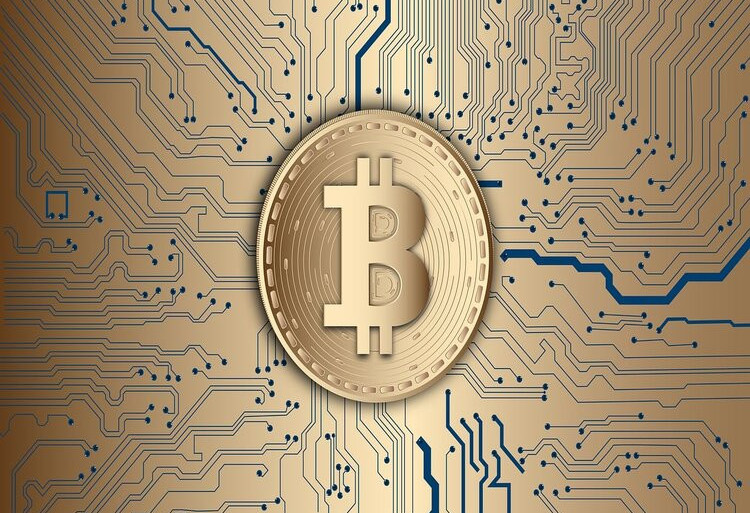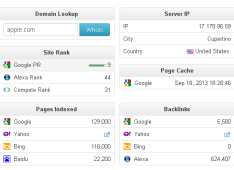Overview: In this complete begin, we are able to unpack all elements of blockchain technology.This blog will assist you recognize the capability of blockchain.
Blockchain, which is commonly related to cryptocurrencies, is a decentralized ledger generation that extends beyond digital forex. Our journey starts with the basics, delving into the that means and internal workings of blockchain. From there, we observe its numerous programs in fields like as banking, healthcare, and supply chain management. We examine how blockchain is remodeling pass-border transactions, boosting safety, and increasing average operational efficiency, with a focal point on its disruptive affect in banking.
In the realm of cutting-edge technology, few developments have aroused as much interest and joy as blockchain. Blockchain, the technological basis of cryptocurrencies including Bitcoin and Ethereum, has evolved beyond its original intent to persuade a wide variety of fields including deliver chain control, banking, and healthcare. However, what precisely is blockchain and the way does it work? In this authoritative guidebook, we'll dig deeply into the complexities of blockchain generation, including its meaning, functionality, features, and disruptive impact on industries like as banking. Let's go on a journey to unravel the cryptic world of blockchain.
What is Blockchain?
At its center, blockchain is a decentralized virtual ledger that statistics transactions throughout a disbursed network of computer systems. Unlike traditional ledgers maintained by way of valuable authorities, blockchain operates on a peer-to-peer network, where every player (or node) in the network holds a replica of the ledger. This decentralized architecture guarantees transparency, protection, and immutability, making it certainly impossible for any unmarried entity to control the facts.
How Blockchain Technology Works
Blockchain's behind process is based on a pair of ideas: "blocks" and "chains." The each block includes a batch of operations, as well as the earlier block's cryptography hash, resulting in a historical chain of blocks. This cryptographic connection protects the blockchain's integrity since altering a single block would necessitate modifying every following block, which is computationally and economically impractical.
The verification and settlement approaches also are important elements of ways blockchain works. In a distributed community, agreement strategies like Proof of Work (PoW) or Proof of Stake (PoS) are used to ensure that friends agree at the validity of payments. Blockchain uses those strategies to create a system of settlement that allows for reliability and self assurance in an atmosphere without believe.
Image By FreePic
Blockchain programs
Blockchain era has a ways-accomplishing programs past cash. Its intrinsic traits—transparency, immutability, and decentralization—make it an fantastic preference for a whole lot of applications. In finance, blockchain enables safe and efficient go-border bills, shortens settlement instances, and lowers transaction prices. Furthermore, blockchain's tamper-evidence nature improves the integrity of economic transactions by decreasing the possibility of fraud and errors.
Beyond banking, blockchain applications include supply chain management, healthcare, real estate, and voting systems, to mention a few. Blockchain improves accountability and traceability across several industries by allowing for transparent and auditable record-keeping, promoting stakeholder confidence and expediting complicated procedures.
Cryptocurrencies and blockchain
Cryptocurrencies are one of the maximum visible use of blockchain technology. Cryptocurrencies are virtual assets advanced on blockchain networks that offer decentralized alternatives to traditional fiat currencies. Bitcoin, the pioneering cryptocurrency, delivered the arena to the perception of peer-to-peer digital price, taking into consideration borderless and censorship-resistant transactions. Ethereum, some other vital blockchain platform, presented clever contracts, which might be self-executing contracts with precise terms inscribed on the blockchain, ushering in a brand new era of decentralized apps (DApps) and programmable cash.
Blockchain Technology for Banking
The banking enterprise is at the protect of blockchain innovation, utilizing its revolutionary electricity to simplify operations, growth safety, and enhance the patron experience. From go-border payments to change financing and identification verification, blockchain has the potential to convert set up banking operations.
One of the important thing uses of blockchain in banking is to allow quicker and more value-powerful pass-border transactions. Blockchain-powered technology such as RippleNet allow banks to speed up economic transfers while reducing liquidity needs and operational expenses by means of eliminating middlemen and cutting agreement times from days to minutes.
In addition, blockchain improves the safety and reliability of financial facts, lowering the possibility of fraud, identification robbery, and cyber threats. Blockchain guarantees that sensitive facts is safe and secure thru cryptographic encryption and decentralized garage, consequently growing client confidence and regulatory compliance.
Conclusion
Finally, blockchain technology offers a essential trade in how we view and communicate with virtual property, information, and transactions. Its allotted design, cryptographic safety, and obvious database offer unheard of customers for growth and disruption across a wide range of sectors. As we retain to investigate blockchain's countless opportunities, its have an impact on on banking and finance is about to revolutionize the manner we deal, make investments, and engage with economic services.









Leave a Comment